SA is inarguably the continent’s most cosmopolitan country and the most industrialised country in Southern Africa. The ultimate urban migration destination in the Southern African Development Community (SADC) is the region’s nodal development cities, eight of which are metropolitan in SA.
These attract foreign nationals, a term used here to refer to individuals who originate from countries outside of SA and reside in the country, whether legally or otherwise. They are a significant and growing part of the country’s social and economic fabric.
The population of foreign nationals in SA is rapidly increasing. Coming from diverse countries of origin, and as a multicultural unit, they have become an addition to the already underperforming multicultural society that SA has become. This has created new multicultural markets, which cater to the diverse needs and preferences of different cultural groups, characterised by autonomous and niche value chains and an undergirding political economy.
Essentially, Africans of Bantu language descent, as well as foreign nationals, share commonalities with their counterparts within the borders of SA. Operating as a multicultural consumer bloc, their dispersed buying power has started to consolidate as a value chain, a distinct political economy and a spending community. Yet there is little to no focus on foreign nationals as one of the most significant and untapped business opportunities for companies and brands doing business in SA.
Consider the proliferation of new, yet efficiently distributed brands that are competing with the dominant SA brands, imported through foreign nationals’ supply chain networks. In cultural terms there are media and entertainment opportunities that have yet to be explored based on the emerging market for multicultural content, which connects regions of origin and communities of foreign nationals. Regularisation into economic citizenship of SA, especially the financial services sector and critical lifestyle insurance such as medical aid, are opportunities that do not appear to have been deliberately considered.
The absence of deliberate marketing resources targeting foreign national communities is generating opportunity costs. There are millions of rand left on the table, where remittance money is growing exponentially. The integrated character of the SADC region’s market dictates an in-SA focus on the niche foreign nationals market.
On the ground in townships and settlements across the country, foreign nationals’ lives are shaping SA culture every day. The culture of foreign nationals, including those from other regions such as Europe, has evolved significantly since they arrived years ago, and this evolution is accelerating for those from Africa north of the Limpopo River. The successful integration of foreign nationals hinges on truly understanding who they are as individuals and a community.
It is the messaging in marketing, rather than the translation, that will define penetration in this growing and cash-liquid foreign nationals market. The effort should differentiate between reaching and connecting to that market. SA is now officially a terrain of multicultural marketing and messaging. The entire communication and marketing industry is due for transformation, which includes political rhetoric management and spin doctoring.
Growth into a bigger Africa will reward companies with the courage to break away from old paradigms and fully embrace the new reality of the foreign national marketplace. The facilitation of intra-African trade and economic integration across the continent is a function of how foreign nationals’ markets are treated as microcosms or abstractions of the greater realities of the African market.
It cannot be normal that mainstream SA platforms have no dedicated spaces to articulate the joys and fears of this growing sector. In virtual terms, we may be witnessing the emergence of the 10th virtual province, which will spatially encompass all nine physical provinces, to co-ordinate the various foreign nationals in our cities and elsewhere.
Expatriates, when properly regulated, bring economic benefits to a host country. They bring specialised skills, knowledge and attributes valuable to the productivity demands of the local economy. As a society we should always contextualise our assessment of acculturation with them as a specific category of people who are now part of our reality. Their visibility cannot be ignored; they can no longer be othered.
SA needs a different hypothesis and a theory of change for all foreign nationals, especially those of African origin. The truth is that they have a significant role in the political economy and are fully enfranchised as economic citizens, because they buy and sell goods and services. They have become thought leaders and cultural influencers. Already there is a marked increase in the number of foreign national graduates and deserving executives.
Their political participation and powers are set to increase, considering the crabs-in-a-basket behaviour of local leaders — they are ready to close the leadership gaps. Stereotypes about people of foreign national origin are often based on limited, outdated information, but tend to be perpetuated by media and marketing inertia.
As we look to the future of SA, there is one thing we know for sure: the reality of regional urbanisation, including where decent jobs are created, will fundamentally change our perceived composition as a so-called SA non-foreign national society. This might be as high as the effects of technology on our lives as people, and fundamentally transforming our society and altering our reality.
Believing it is reversible is tantamount to choosing not to survive reality and be creative about how to make the best out of it.
• Dr Mathebula is head of faculty people management at The DaVinci Institute and executive chair of the Thinc Foundation.

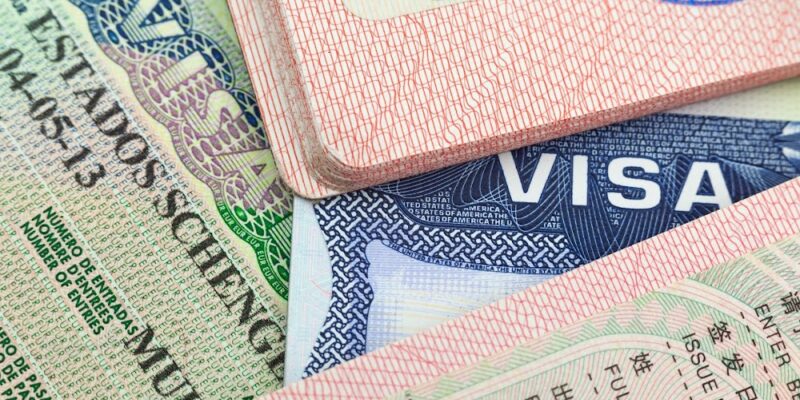
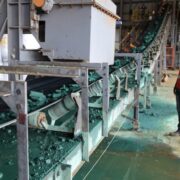

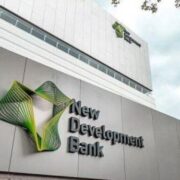

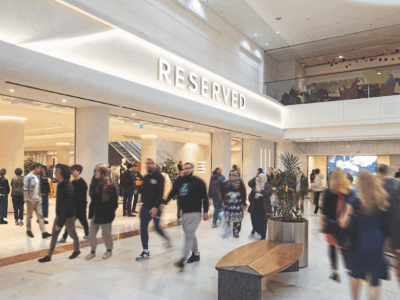
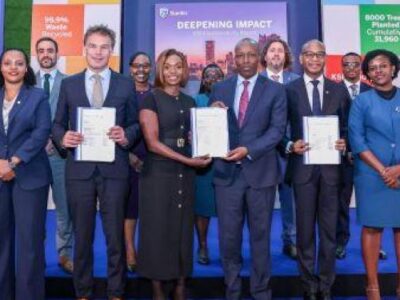

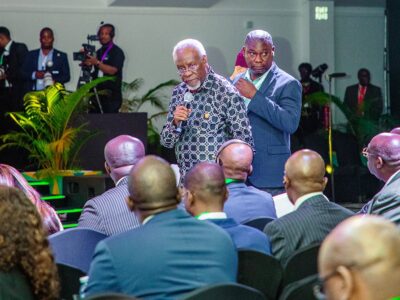

Comments